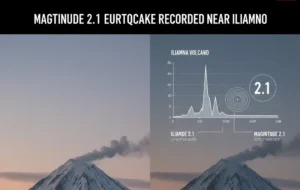Anchorage resident Joyce Haught recently discovered her Supplement Nutrition Assistance Program (SNAP) benefits had vanished, leaving her without groceries. She later learned that the federal reimbursement program for stolen benefits ended in 2024, a fact she had never received an official notice about.
In a December 23, 2024 memo, the USDA Food and Nutrition Service instructed state agencies to warn SNAP recipients about fraud risks. The reimbursement program introduced in October 2022 under the Consolidated Appropriations Act expired on December 20, 2024.
Haught, who relies on disability income, never received these warnings. She only realized the program had ended after spending hours on hold with the Division of Assistance. “They connected me with another person who did not give me their name, would not give me their name, and just basically said those few words, as of December 20, we are no longer refunding or reimbursing food stamps that are lost or stolen,” Haught said.
Haught struggles to afford food with $400 missing from her SNAP card. Deb Etheridge, Director of the Division of Public Assistance, acknowledged Haught´s frustration and pledged to address communication issues within her office.
She explained that the state prioritizes prevention over reimbursement because federal funding for stolen benefits no longer exists. To prevent future SNAP benefit fraud, the department plans to introduce chip-enabled EBT cards.
Etheridge said scammers typically steal SNAP benefits through skimming devices at checkout terminals or by tricking recipients into revealing card details over the phone. Since December 20, 2024, officials have received 57 reports of electronic theft in Alaska. Law enforcement and state officials worked together to block online SNAP purchases from being sent out of state, saving millions.
To protect themselves from the SNAP benefit fraud, Etheridge urges recipients to file police reports, change PINs frequently and only call the number on the back of their EBT cards for account information. However, Haught believes the state must improve transparency and communication about fraud risks.
This news article was originally published by Alaska´s News Source.










